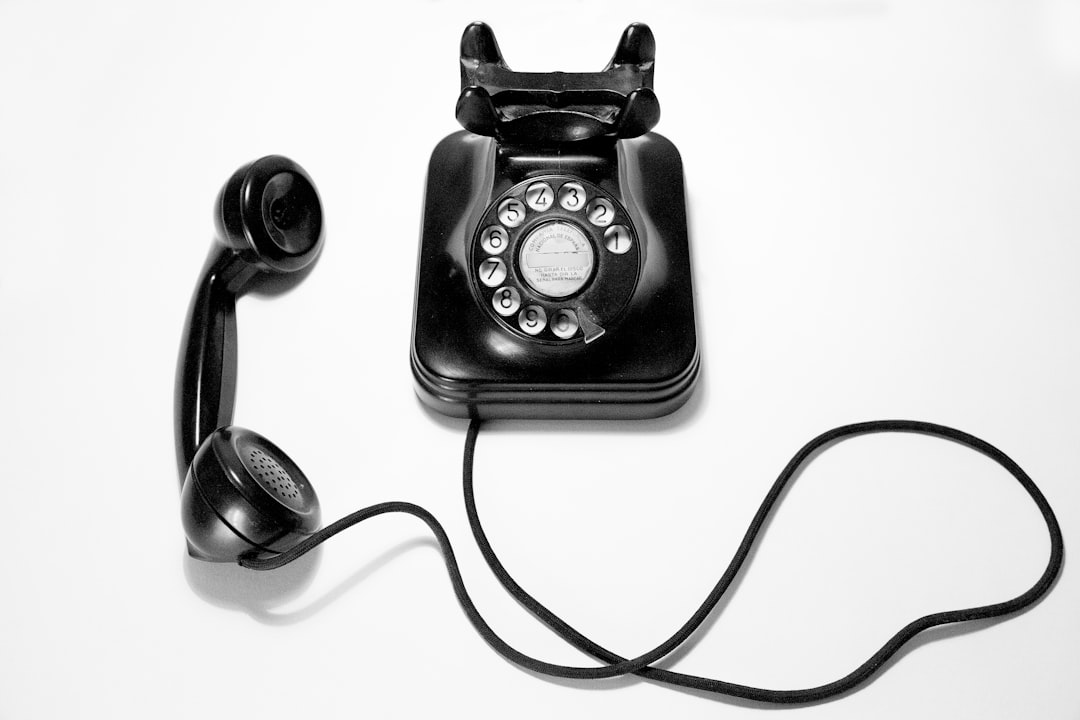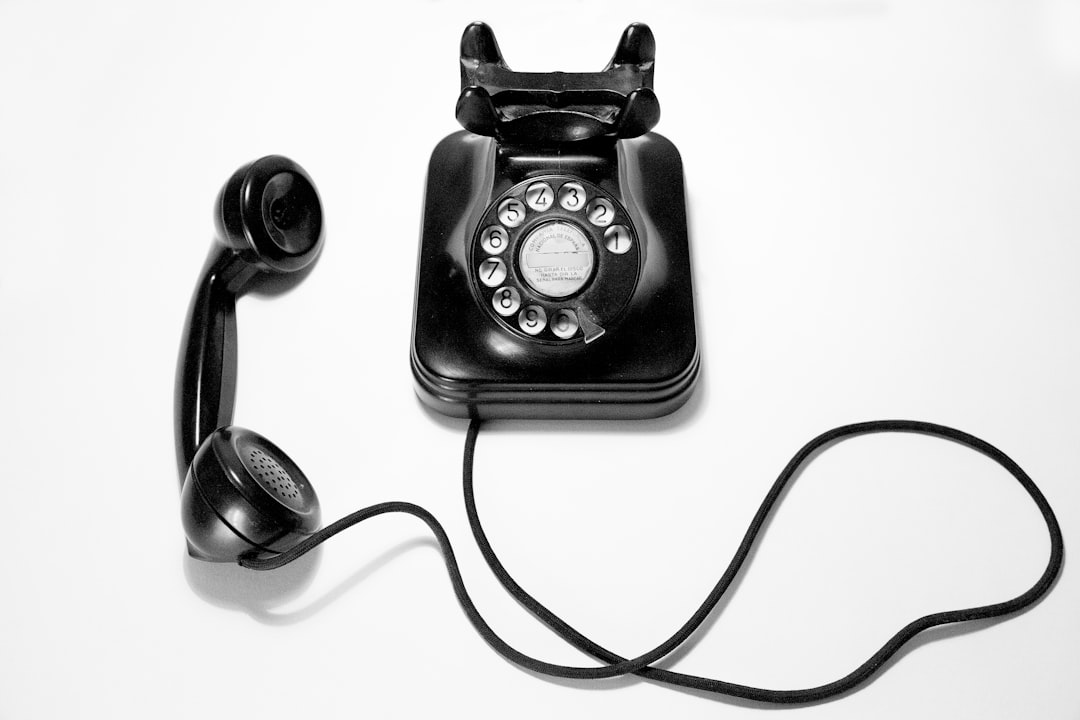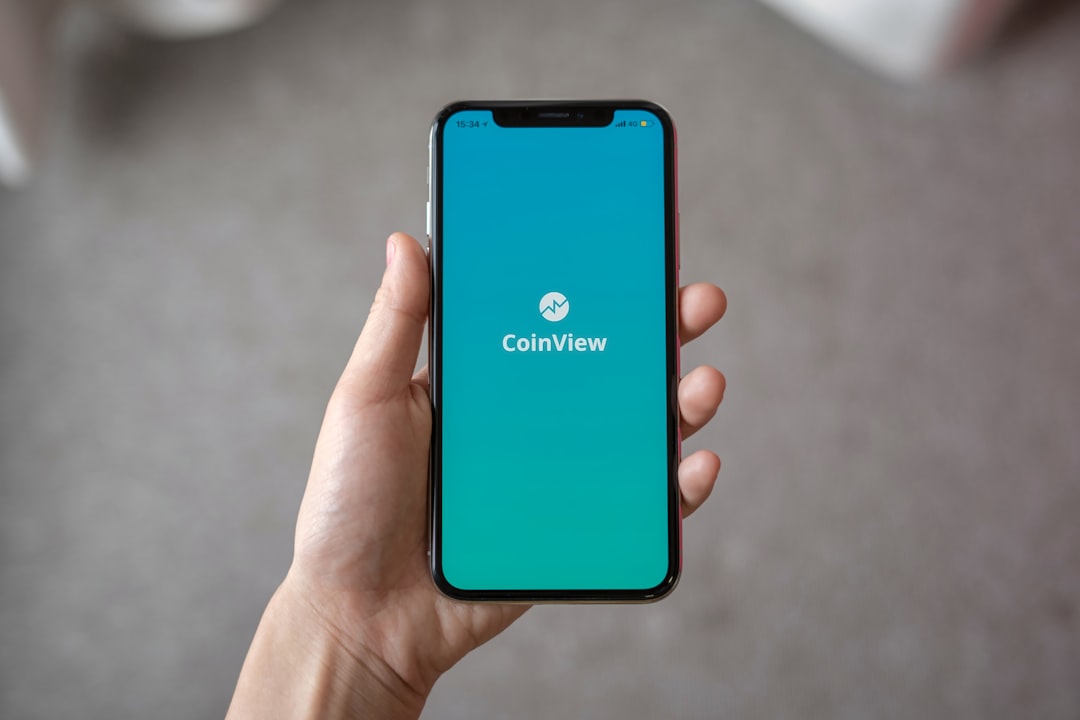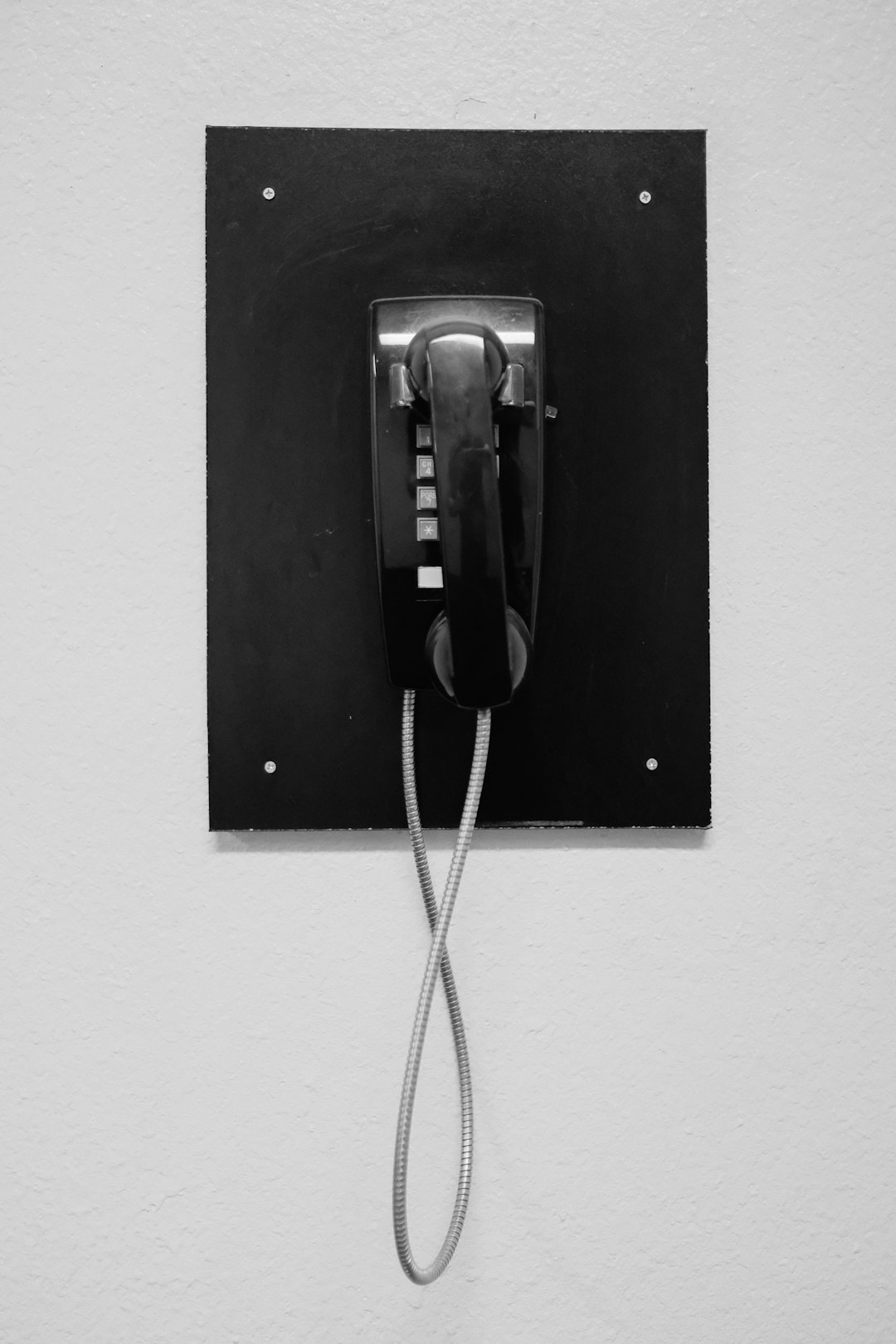In North Dakota, including Minot, robocall regulations are governed by state and federal laws, primarily the Telephone Consumer Protection Act (TCPA), designed to safeguard residents from unwanted automated calls. Robocalls, while some promote legitimate services, are often associated with fraud and harassment. A Robocall Lawyer in North Dakota can help businesses comply with TCPA and Do Not Call laws to avoid fines and maintain customer relations, or assist consumers facing harassment through legal guidance and recourse. Residents experiencing illegal robocalls should document incidents, report them to the Federal Trade Commission (FTC), and file complaints with their state's attorney general's office.
In Minot, as across North Dakota, robocalls have become an increasingly common nuisance. Navigating the complex web of robocall laws can be challenging, but understanding your rights is crucial. This guide aims to empower you with knowledge about robocall regulations in North Dakota, helping you recognize and combat illegal calls. We’ll explore common types of robocalls and their legal implications, and provide clear steps to take if you’ve become a victim. For expert advice, consider consulting a Robocall Lawyer North Dakota.
Understanding Robocall Regulations in North Dakota

In North Dakota, including the city of Minot, robocall regulations are governed by state and federal laws designed to protect residents from unwanted and deceptive automated telephone calls. These rules are particularly important as technology continues to evolve, making it easier for call centers to reach consumers en masse. A Robocall Lawyer in North Dakota can help you understand these regulations and ensure that your rights are protected.
The Telephone Consumer Protection Act (TCPA) is a key federal law that restricts the use of automated dialing systems and prerecorded messages without prior express consent. North Dakota also has its own Do Not Call laws, which further protect residents from unwanted calls. It’s crucial to know how these laws apply to you, whether you’re a business making marketing calls or a consumer receiving them. A Robocall Lawyer can guide you through the complexities of compliance, helping you avoid fines and maintain positive relationships with customers or reduce harassment for consumers.
Common Types of Robocalls and Their Legal Implications

Robocalls, automated phone calls from unknown numbers, have become a ubiquitous yet unwanted part of modern communication. While some robocalls promote legitimate services or organizations, many are associated with fraud and harassment. In Minot, North Dakota, residents often face a deluge of these unwanted calls, especially in the form of political messages, debt collection attempts, or scams aiming to steal personal information.
The legal implications of robocalls are vast. The Telephone Consumer Protection Act (TCPA) restricts how businesses and organizations can use automated dialers and prerecorded messages. Violations can result in significant fines. For Minot residents experiencing harassment or receiving fraudulent calls, consulting a Robocall Lawyer North Dakota can provide much-needed guidance and legal recourse to stop these intrusive and often illegal practices.
What to Do If You've Been a Victim of Illegal Robocalls

If you’ve fallen victim to illegal robocalls in Minot, North Dakota, there are several steps you can take to address the issue. First, document every instance by recording the caller’s number and any details about the call itself. This evidence can be invaluable when reporting the incident to the appropriate authorities or consulting with a Robocall Lawyer North Dakota. Many states have specific regulations against robocalls, and knowing your rights is crucial.
Report the calls to the Federal Trade Commission (FTC) using their Do Not Call Registry tool online. Additionally, file a complaint with your state’s attorney general’s office. A Robocall Lawyer North Dakota can guide you through these processes and help you understand potential legal avenues for compensation or relief if your rights have been violated.






